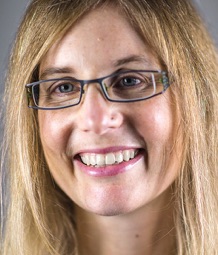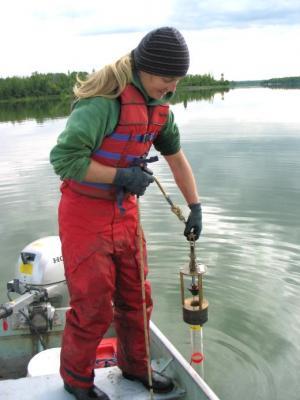Associate Professor
School of Environmental Studies, Department of Biology
"We study pollution to find new ways to protect the health of our lakes and wetlands"

Contact Information
Office: 3127 Biosciences Complex
Labs: Rooms 3206/3220
Phone: 613-533-6000, ext. 79052
Email: diane.orihel@queensu.ca
QE3 Website Twitter: @QE3_Research
B.Sc (Honours) in Ecology & Environmental Biology (University of British Columbia)
Masters of Natural Resource Management (University of Manitoba)
Ph.D. in Ecology (University of Alberta)

Student Opportunities
Please direct inquiries to the contact information provided.
*Click here for details of two graduate student opportunities in Biology OR Environmental Studies! Application deadline is NOVEMBER 15th, 2024:
Graduate Student in Fish Ecotoxicology
https://qe3research.ca/2024/09/23/grad-student-for-roe-project/
Graduate Student in Lake Biodiversity (eDNA)
https://qe3research.ca/2024/09/23/grad-student-for-olof-project/
Research
The purpose of our work is to understand the fate and effects of chemicals in the environment in order to guide sound public policy decisions—a mission that is motivated by a respect for nature and desire to conserve biodiversity on Earth. We do research not only on the causes, but also the solutions, to aquatic pollution. By conducting large-scale, interdisciplinary field studies, we answer questions on a broad range of contemporary problems, including mercury contamination of food webs, nutrient pollution and harmful algal blooms, and the ecological impacts of extracting and transporting unconventional oil.
Teaching
My goal as a teacher is to ensure students not only learn the fundamental content of academic courses, but also develop important life-long skills (specifically, critical thinking, problem-solving, and communication) to prepare students for their future careers. Further, I seek to inspire students by sharing my own passion for biology and environmental issues, and empower students by fostering a collaborative, interactive environment in the classroom.
Teaching Interests: Ecology, Limnology, Ecotoxicology, Global Water Issues, Science Communication